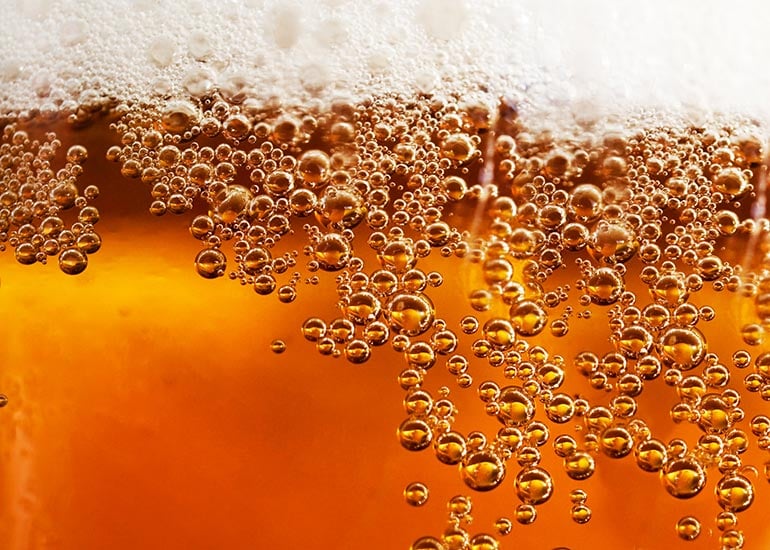Start 14-Day Trial Subscription
*No credit card required

CO2 Shortage Hits the Beer World
According to experts, the craft beer and brewing industry is being hit by a shortage of CO2. Just how did this happen? And is this a long-term problem?
When gazing upon a lovely pour of a terrific beer, what elements are most important?
A lovely color – certainly.
A terrific aroma and flavor profile – well, obviously.
And those lovely little bubbles due to carbonation – indeed… well, that might be an issue.
According to experts, the craft beer and brewing industry might be hit by a shortage of those bubbles due to a lack of CO2. Just how did this happen? And is this a long-term problem?
Tim Kraft, Associate Professor of Operations and Supply Chain Management at NC State University believes there are myriad underlying reasons behind the industry’s CO2 shortage.
“There are a number of factors putting pressure on the supply of carbon dioxide and causing prices to spike,” Kraft said.
“CO2 is produced as a byproduct of processes such as ethanol and ammonia production, and many of these facilities are going through scheduled maintenance this fall, limiting their output of CO2.”
In particular, a major natural source of CO2 is located under Jackson Dome in Jackson, Mississippi. However, according to Kraft “contaminants were discovered in the supply there this summer, which again has disrupted some of the supply. Combine these disruptions with inflation and supply chain issues such as high transportation costs – and it’s a perfect storm for a CO2 shortage across the brewing industry.”
While this might not sound too promising for the long-term health of the industry, it’s not all doom and gloom. Luckily, this is likely to not be a threat for very long in the grand scheme of things. Inflation should slow soon as the Fed rushes to stop rapidly rising prices on consumer goods. Supply chain issues, which are still apparent long after COVID lockdowns, should also clear up into the new year.
“In terms of threat to the industry, I do not foresee the shortage being a long-term issue,” Kraft proclaimed.
“But there will be short-term hiccups. The biggest impact will likely be felt by craft brewers and smaller breweries. These operations do not have the resources of the large operators, which makes it difficult for them to, for example, invest in technology to recapture carbon dioxide from their own production processes or easily find new sources to aid their brewing.”
Still though, that’s better news than the headlines would have you believe. This simply sounds like a speed bump. A sizable one, mind you, but navigable through ingenuity and guile. Brewers have long fought to keep their businesses afloat through the choppy waters of changing tastes, production landscapes and legality issues. This CO2 shortage is no different.
Mr. Kraft concluded by saying that this will almost be imperceptible to consumers, although there may be slight delays and someone’s favorite beer might not be as readily available as normal – but that should pass.
“For consumers, it will be a continuation of what we’ve seen over the last 2½ years. There will still be beer on the shelves, but they may need to adapt their preferences as some categories and brands will be in short supply.”

“In terms of threat to the industry, I do not foresee the shortage being a long-term issue,” said Tim Kraft, Associate Professor of Operations and Supply Chain Management. Whew!



